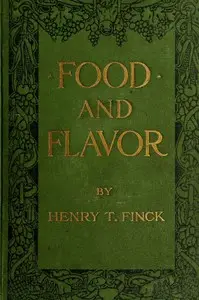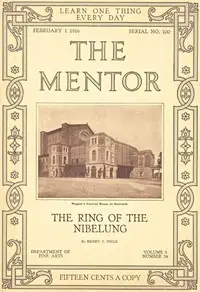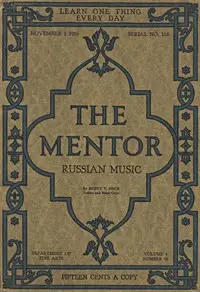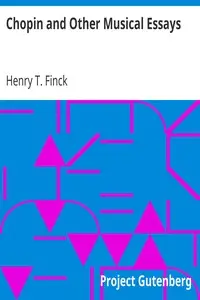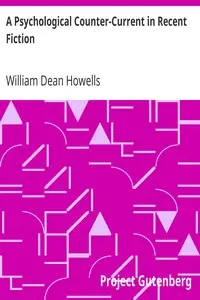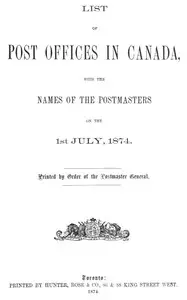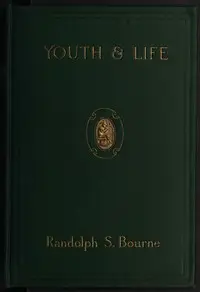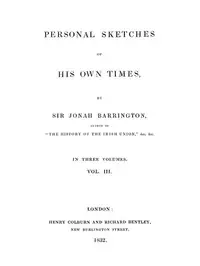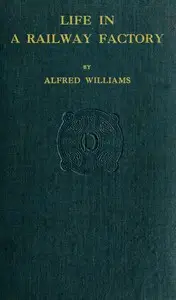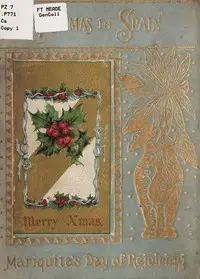"Romantic Love and Personal Beauty" by Henry T. Finck is a scientific examination of emotional experiences written in the late 19th century. The book explores the evolution and nuances of romantic love, analyzing its impact on personal beauty, cultural aspects, and historical variations. Finck delves into the psychology behind love, its biological underpinnings, and the social constructs surrounding it, attempting to provide a comprehensive understanding of romance as a significant aspect of human experience. The opening of the text introduces the complex topic of romantic love by debunking common myths that suggest it has remained unchanged throughout history. It presents the idea that modern romantic love is actually a relatively recent sentiment, differentiating it from earlier forms of love such as conjugal love often celebrated in ancient literature. Finck begins with a critique of previous assertions and leads into a detailed examination of various elements that shape romantic affection, including individual preference and jealousy, while linking these to broader biological and cultural themes. This opening sets the stage for a thorough exploration of how love has evolved and manifests in contemporary society, indicating an analytical approach to a deeply personal subject. (This is an automatically generated summary.)
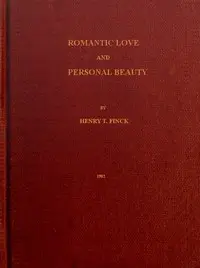
Romantic Love and Personal Beauty Their development, causal relations, historic and national peculiarities
By Henry T. Finck
"Romantic Love and Personal Beauty" by Henry T. Finck is a scientific examination of emotional experiences written in the late 19th century. The book ...
Henry Theophilus Finck was an American music critic and author. Among "the most prolific and influential critics of his day", he was chief classical music critic of both the New York Evening Post and The Nation from 1881 to 1924. He championed Romantic music, promoting composers such as Liszt, Wagner, Grieg and MacDowell. Along with his contemporaries Richard Aldrich, W.J. Henderson, James Huneker and Henry Edward Krehbiel, Finck is considered part of the 'Old Guard', a group of leading New York–based music critics who first established a uniquely American school of criticism.


